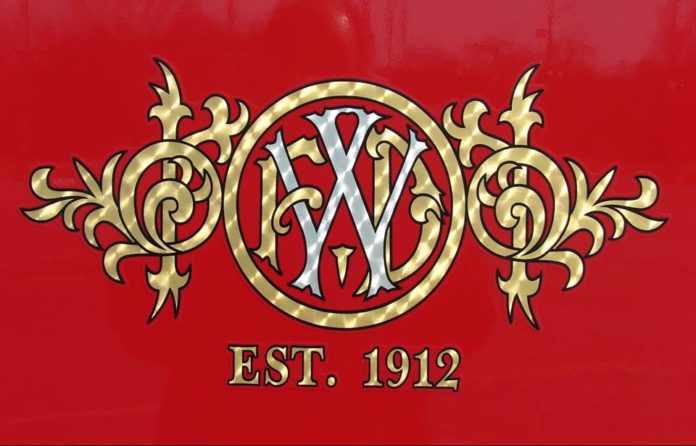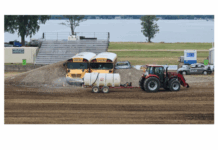Warsaw-Wayne Fire Territory Board approved a request Tuesday to renew a contract for air tanks for the dive team.
The contract with Pro Air Inc. is a joint agreement involving Warsaw Police Department and WWFT, said Warsaw Mayor Joe Thallemer.
“This is a continuation of what Chief (Scott) Whitaker and I use. The company we use is Pro Air. It’s the same contract as you usually see,” said WWFT Chief Mike Wilson. Wilson said the contract went to the WWFT Board first for approval and then it will go to Public Works and Safety.
The contract encompasses the tanks for the Dive Team for WPD, Wilson said. WWFT’s portion is also tanks for the dive team, along with their self-contained apertures.
Thallemer wanted to verify that when the contract talks about maintenance is involved, it’s talking about inspections. Wilson said yes.
“They have to do air sampling and twice-a-year maintenance on these systems, on all three of them,” Wilson. There is one system at WPD, one at station 2 and one at station 1.
The fire department will pay $2,440 for maintenance and WPD will pay $1,220 for maintenance. Wilson said it is because WWFT has double the equipment WPD has.
Wilson gave the September WWFT response report.
For medical assists, station 1 responded to 65; station 2, 70; station 3, 19.
For motor vehicle rescues, station 1 responded to three calls; station 2, two; station 3, two.
Hazardous conditions calls could include gas leaks, electrical hazards, vehicle accidents and gasoline spills. In September, station 1 responded to six and station 2 responded to five.
Service calls could include smoke/odor removal, assist police or assist citizen. Station 1 responded to two, station 2 responded to one, station 3 responded to one and administration responded to one.
Scott Sigerfoos, Lutheran EMS, provided the EMS report.
In September, Lutheran EMS had 275 runs for the month. Sigerfoos said 75% of the runs were transport and treatment and the other 25% were call cancelled or refusals.
Sigerfoos showed a chart of call breakdown of when calls occurred. He said between 6 and 8 a.m. is when calls started to ramp up and started dying down at 9 or 10 p.m. The average response time was 4.86 minutes.





